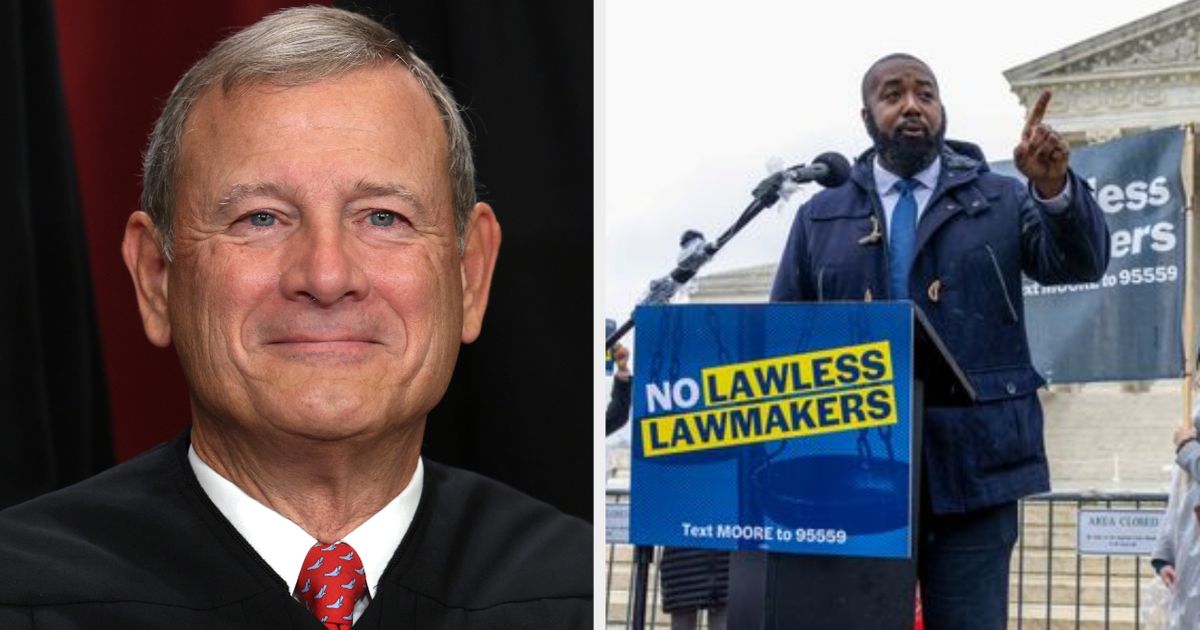Key takeaways:
- The Supreme Court rejected the independent state legislature theory proposed by Republicans in the North Carolina legislature.
- This decision prevents state legislatures from having sole power to draw congressional district maps and set election laws.
- The Supreme Court’s decision is a major victory for democracy and the rule of law, ensuring that state legislatures will not be able to manipulate the electoral process for their own benefit and that state courts will be able to protect the rights of citizens.
In a landmark decision on Tuesday, the Supreme Court rejected the independent state legislature theory proposed by Republicans in the North Carolina legislature. This theory claimed that the U.S. Constitution vests power to set the “time, place, and manner” of federal elections to state legislatures alone.
Chief Justice John Roberts wrote for the majority that the Elections Clause does not grant exclusive and independent authority to state legislatures to set rules regarding federal elections. This decision prevents state legislatures from having sole power to draw congressional district maps and set election laws.
Experts had feared that the right-wing Court would embrace the theory, which would have given state legislatures free rein to draw congressional maps and set election laws without any oversight from state courts. This would have prevented state courts from ruling on gerrymandered maps or other election laws that may have violated their respective state constitution.
The Supreme Court’s decision is a major victory for democracy and the rule of law. It ensures that state legislatures will not be able to manipulate the electoral process for their own benefit. It also ensures that state courts will be able to protect the rights of citizens by ruling on gerrymandered maps and other election laws that may be unconstitutional.



Be First to Comment